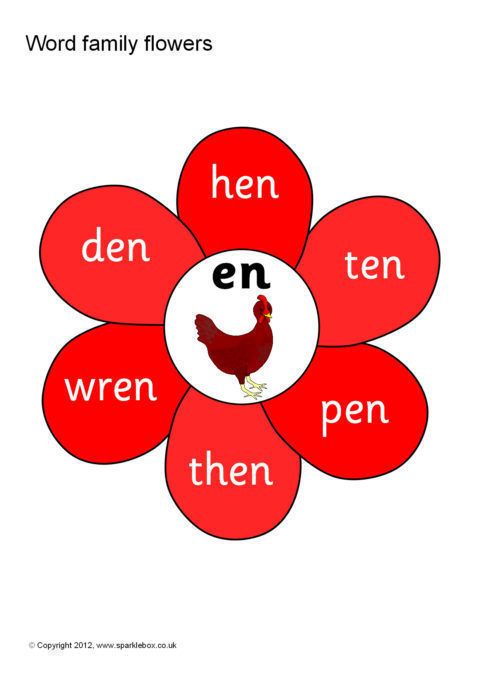Teaching pronunciation to young children, especially in the 3 to 8-year-old age range, can be both fun and challenging. Here are some tips and activities to help you effectively teach American English pronunciation to children:
Start with Simple Sounds: #
Begin with teaching basic sounds of the English language. You can start with vowels like ‘a’, ‘e’, ‘i’, ‘o’, ‘u’ and consonants like ‘b’, ‘c’, ‘d’, etc. Make sure to pronounce them clearly and encourage the children to repeat after you.
Use Visual Aids:
Visual aids such as flashcards, pictures, or videos can be very helpful. You can show pictures of objects and say the word aloud, emphasizing the sounds. For example, show a picture of a cat and say “cat” emphasizing the ‘k’ and ‘a’ sounds.
Songs and Rhymes:
Children love music and rhymes. Utilize nursery rhymes, songs, and chants to teach pronunciation. Choose rhymes that emphasize particular sounds or phonetic patterns. For example, “Twinkle, Twinkle, Little Star” emphasizes the ‘l’ and ‘s’ sounds.
Interactive Games:
Make learning fun by incorporating games into your lessons. For example:
Simon Says: Give instructions using words with specific sounds. For example, “Simon says touch your nose” or “Simon says clap your hands.”
I Spy: Play ‘I Spy’ with objects in the room, focusing on their initial sounds. For example, “I spy with my little eye something that starts with the sound ‘b’.”
Use Mimicry and Mirroring:
Encourage children to mimic your pronunciation and mouth movements. You can make it into a game by asking them to mirror your facial expressions as you make different sounds.
Storytelling: #
Read stories aloud to the children, emphasizing pronunciation. Pause and repeat words or phrases, allowing the children to echo you.
Word Families:

Teach children about word families (e.g., cat, hat, sat) to help them recognize patterns in pronunciation. You can use word family charts or create simple word family games.
Encourage Practice:
Provide opportunities for children to practice their pronunciation regularly. Encourage them to use the words they’ve learned in everyday conversation.
Positive Reinforcement:
Offer praise and positive reinforcement when children make an effort to pronounce words correctly. This will boost their confidence and motivation to continue learning.
Be Patient and Supportive:
Remember that young children may take time to grasp pronunciation concepts. Be patient, encouraging, and supportive throughout the learning process.
Summary #
By incorporating these tips and activities into your lessons, you can make learning pronunciation enjoyable and effective for children ages 3 to 8 years old.



